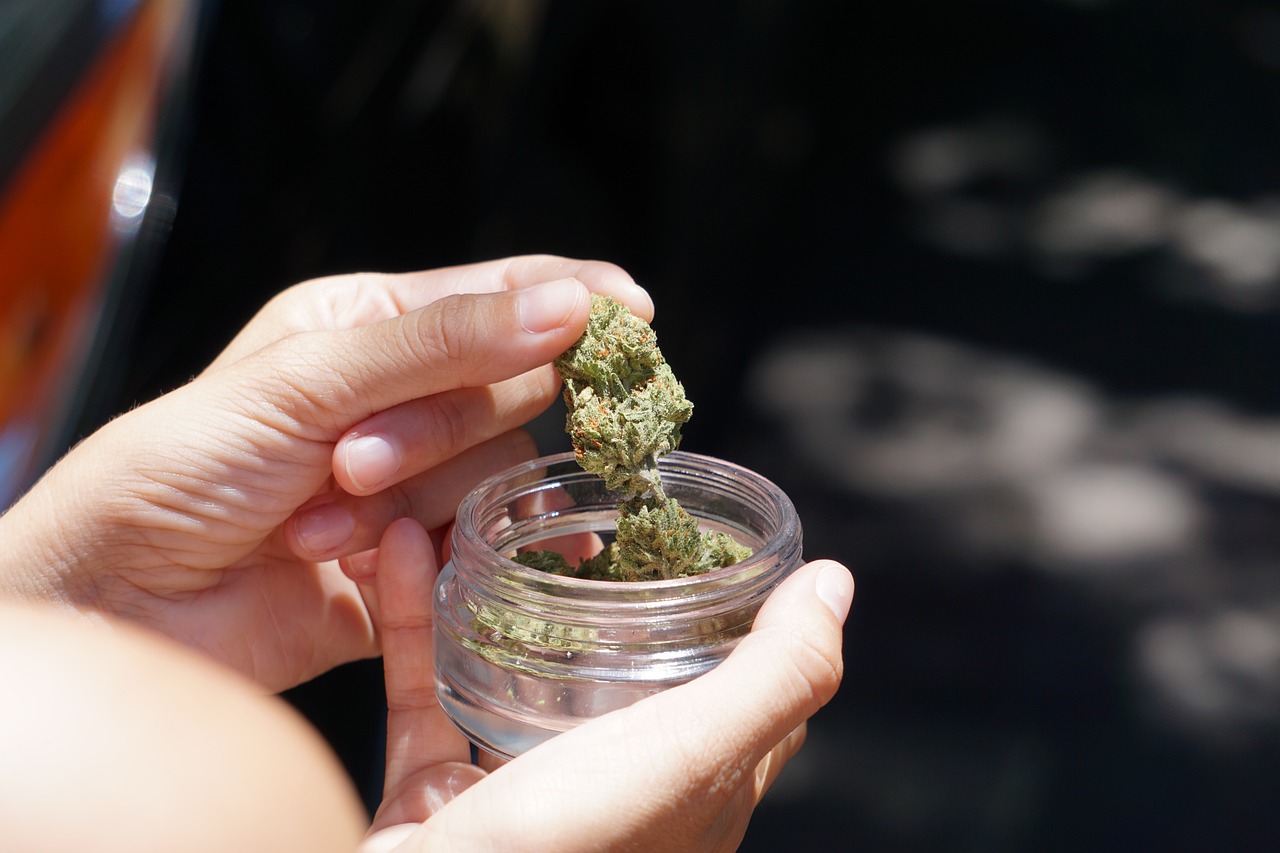West Virginia has emerged as a trailblazer in the realm of medical marijuana, implementing a comprehensive program to provide patients with access to this therapeutic treatment option. As cannabis continues to evolve, understanding the intricacies of West Virginia’s MMJ laws and regulations is essential for patients, caregivers, and industry stakeholders alike. In this overview, we’re covering the key aspects of the MMJ laws in West Virginia, including qualifying conditions, dispensaries, patient rights, and recent updates.
West Virginia Medical Marijuana Program: A Primer
Initiated in 2017, the West Virginia Medical Cannabis Act laid the foundation for the state’s comprehensive medical marijuana program. This program facilitates access to medical cannabis for individuals suffering from qualifying debilitating conditions.
It aims to provide regulated and secure avenues for patients to obtain medical marijuana while ensuring adherence to stringent state laws and regulations. Through licensed dispensaries and registered physicians, the program seeks to offer patients a viable alternative for managing their medical conditions and improving their quality of life.
MMJ Laws in West Virginia: Understanding the Framework
West Virginia’s medical marijuana laws form a comprehensive framework governing various aspects of the state’s program. These laws outline regulations for cultivation, processing, distribution, and usage of medical cannabis.
They establish licensing criteria for dispensaries, growers, processors, and laboratories, alongside guidelines for patient registration and physician certification.
Compliance with these laws ensures the program operates within legal boundaries while prioritizing patient safety and access to quality medical marijuana products. Understanding these laws is crucial for stakeholders to navigate the program effectively and uphold its integrity.
Cannabis Regulations in West Virginia: Ensuring Compliance and Safety
In addition to MMJ laws, West Virginia’s cannabis regulations play a crucial role in shaping the state’s medical marijuana program. These regulations govern various aspects of the industry, including product testing, labeling, packaging, and advertising. By adhering to strict regulatory standards, West Virginia aims to safeguard patient health and ensure the quality and safety of medical cannabis products.
Qualifying Conditions for Medical Marijuana in West Virginia: Who Is Eligible?
To qualify for the West Virginia medical marijuana program, patients must have a qualifying medical condition as defined by state law. These conditions include, but are not limited to, cancer, HIV/AIDS, Parkinson’s disease, multiple sclerosis, epilepsy, Crohn’s disease, and chronic pain. Patients must obtain a written certification from a registered physician confirming their diagnosis and recommending medical marijuana as a treatment option.

Image by Elsa Olofsson from Pixabay
West Virginia Medical Cannabis Dispensaries: Accessing Quality Products
One of the cornerstones of the West Virginia medical marijuana program is the establishment of licensed dispensaries where patients can purchase cannabis products. These dispensaries are regulated by the state and must adhere to strict guidelines for operation, including security measures, inventory tracking, and employee training. By providing patients with access to a variety of medical cannabis products, dispensaries play a crucial role in meeting the diverse needs of patients.
How to Get a Medical Marijuana Card in West Virginia: A Step-by-Step Guide
Obtaining a medical marijuana card in West Virginia involves several steps, beginning with an evaluation by a registered physician. Once diagnosed with a qualifying condition, patients must complete the online registration process through the state’s medical cannabis program website. This process requires submitting personal information, medical documentation, and a non-refundable application fee. Upon approval, patients receive a medical marijuana ID card, which grants them legal access to purchase and possess medical cannabis.
West Virginia Medical Marijuana Doctors: Finding Qualified Providers
Registered physicians play a pivotal role in West Virginia’s medical marijuana program, as they are responsible for diagnosing patients and recommending medical cannabis treatment. Patients seeking certification for medical marijuana must consult with a registered physician who is authorized to recommend cannabis as a treatment option. These physicians undergo specialized training and certification to ensure they meet the requirements set forth by the state.
Legalization of Medical Marijuana in West Virginia: A Milestone Achievement
The legalization of medical marijuana in West Virginia represents a significant milestone in the state’s healthcare landscape. By recognizing the therapeutic potential of cannabis and providing patients with access to this alternative treatment option, West Virginia demonstrates its commitment to improving the quality of life for individuals living with debilitating medical conditions. The legalization of medical marijuana reflects evolving attitudes towards cannabis and marks a progressive step forward in the realm of healthcare.
Patient Rights Under West Virginia MMJ Laws: Empowering Individuals
Central to West Virginia’s medical marijuana program are the rights and protections afforded to patients who participate in the program. These rights include access to medical cannabis products, confidentiality of medical information, and protection from discrimination based on participation in the program. By upholding these rights, West Virginia aims to empower patients to make informed decisions about their healthcare and ensure equitable access to medical marijuana treatment.
Updates on West Virginia’s Medical Marijuana Program: Staying Informed
As the West Virginia medical marijuana program continues to evolve, staying informed about updates and developments is essential. Whether it’s changes to qualifying conditions, updates to regulations, or new dispensary openings, staying abreast of the latest information ensures that patients, caregivers, and industry stakeholders can navigate the program effectively. By remaining engaged and proactive, individuals can advocate for policies that promote access, affordability, and patient-centric care within the medical marijuana program.
***
West Virginia’s medical marijuana program represents a significant advancement in the state’s approach to healthcare. West Virginia aims to provide patients with access to safe and effective treatment options through implementing a comprehensive framework for the cultivation, distribution, and use of medical cannabis. By understanding the laws, regulations, and procedures governing the program, individuals can navigate the medical marijuana landscape with confidence and advocate for policies that prioritize patient well-being.
Learn more about medical marijuana state regulations on our blog!
